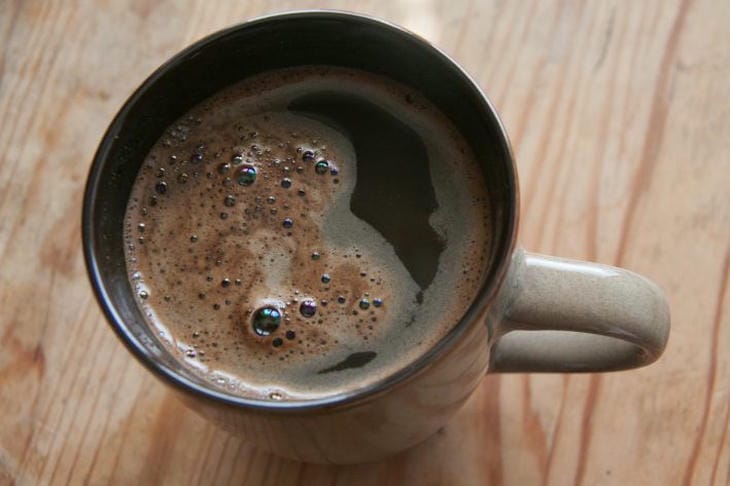Arrhythmia is a disturbance of the heart rhythm that can significantly impair a person's quality of life.
Proper nutrition plays a key role in controlling this condition.
Avoiding certain foods can significantly improve your well-being and reduce the risk of flare-ups.
Caffeine and energy drinks
Caffeine is considered a powerful stimulant that may trigger or worsen arrhythmia.
People with heart rhythm disorders are advised to limit or completely eliminate the consumption of coffee, strong tea and energy drinks.

These foods can increase your heart rate and cause a feeling of palpitations.
Salty foods
Eating too much salt can cause fluid retention in the body, which puts additional strain on the heart.
People suffering from arrhythmia should limit their consumption of foods high in salt, such as chips, pickles, sausages and canned goods.
Alternative ways to flavor your dishes can be used instead, such as fresh or dried herbs.
Fatty foods
Foods high in saturated fat may worsen arrhythmia.
Fatty meat, butter, and fatty dairy products contribute to increased cholesterol levels in the blood, which negatively affects the health of the heart and blood vessels.
Sugar and refined carbohydrates
Eating large amounts of sugar and white flour products can cause sharp spikes in blood glucose levels.
Such fluctuations can cause heart rhythm disturbances. It is recommended to limit the consumption of sweets, pastries and other products with a high glycemic index.
Carbonated drinks
Sweet carbonated drinks contain large amounts of sugar and caffeine, making them undesirable for people with arrhythmia.
In addition, carbonated drinks can cause bloating and discomfort, indirectly affecting the functioning of the heart.
Foods High in Tyramine
Tyramine is an amino acid that can cause rapid heartbeat.
Foods high in tyramine include aged cheeses, smoked meats, avocados, legumes, and some nuts. People with arrhythmia should consume these foods with caution.
Processed foods
Convenience foods and highly processed foods often contain large amounts of salt, sugar and unhealthy fats.
Their regular use can negatively affect heart health and worsen the symptoms of arrhythmia.








